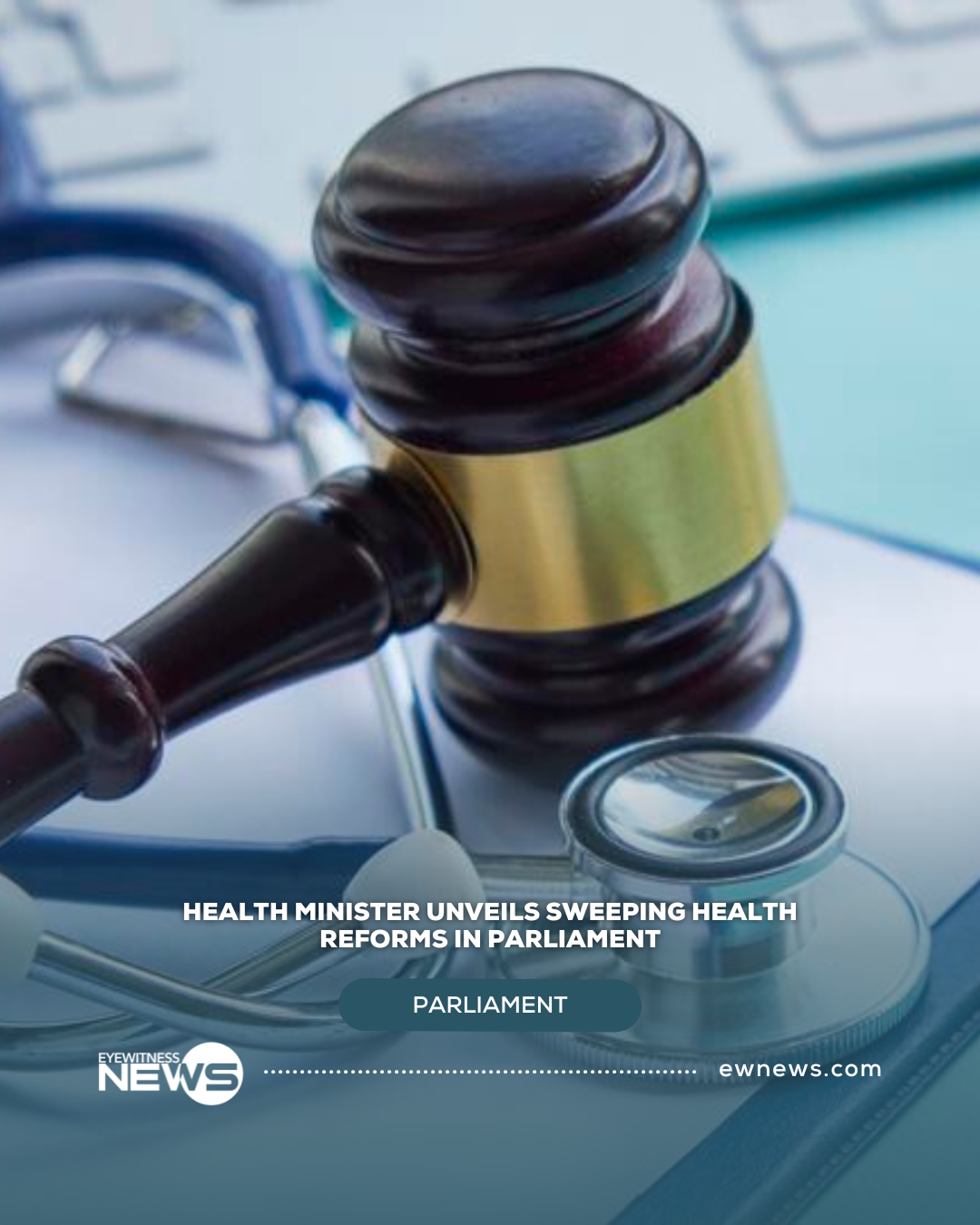NASSAU, BAHAMAS — Health and Wellness Minister Dr. Michael Darville today tabled a wide-ranging package of legislation aimed at modernizing The Bahamas’ health care system, expanding access to critical services, and shifting the nation’s focus from treatment to prevention.
Speaking during debate on the compendium of five bills in the House of Assembly, Dr. Darville described the reforms as “a catalyst to bring the positive chain reaction in my Ministry that will promote essential reform and ensure every Bahamian has equitable access to quality, affordable health care.”
The package includes:
-
The National Health Insurance Bill, 2025
-
The National Health Insurance (Specified Chronic Diseases) (Prescription Drug Fund) Bill, 2025
-
The Health Promotion and Wellness Bill, 2025
-
The Dental Professions Bill, 2025
-
The Pharmacy (Amendment) Bill, 2025
National Health Insurance Reform
The centrepiece of the reforms is the new National Health Insurance (NHI) Bill, which repeals and replaces the 2016 NHI Act. The bill creates a unified legal framework for universal health coverage, expanding the range of services provided under NHI and guaranteeing access to primary care, maternal and pediatric services, diagnostics, cancer screenings and health education — all free at the point of service.
Since its launch, NHI has enrolled more than 161,000 Bahamians, including 17,000 Family Island residents and 27,000 in Grand Bahama, with patient satisfaction above 90 percent, according to Darville.
The new bill expands prescription drug coverage, catastrophic care (including dialysis and cancer treatment), and access to Family Island providers, while integrating claims, enrollment, and payments into one streamlined system.
“We believe no one should face financial hardship just to stay alive,” Darville said. “This legislation puts people, not paperwork, at the centre of our health care model.”
Prescription Drug Coverage Expansion
The second bill replaces the existing NIB Chronic Diseases Prescription Drug Fund Act, integrating it fully into NHI. This will give chronic disease patients — such as those managing diabetes, hypertension, renal failure and heart disease — access to both medical consultations and medications under a single platform.
Darville said more than 41,000 Bahamians currently rely on the program. “This integration eliminates duplication, improves prescription access, reduces costs and ensures continuity of care,” he noted.
Focus on Prevention and Wellness
The third bill, the Health Promotion and Wellness Bill, shifts national health priorities from treating disease to preventing it. The legislation establishes a National Food and Nutrition Commission, restricts harmful food additives, and aligns health promotion strategies with multiple government ministries and regional health agencies.
Darville pointed to alarming trends from recent Ministry of Health surveys showing high obesity rates among adults and teenagers and increasing mental health concerns.
“We cannot continue to build hospitals to treat preventable diseases,” he said. “We must build a culture of wellness, early detection, and healthy living.”
Regulation of Dental Professions
The Dental Professions Bill modernizes outdated regulations, sets unified licensing and professional standards for dentists and dental auxiliaries, and mandates continuing education requirements.
“This ensures
Bahamians, whether in Nassau or the Family Islands, receive safe and professional oral health care,” Darville said.
Digital Prescription Upgrades
The Pharmacy (Amendment) Bill allows for secure electronic prescribing, a move the minister said would reduce transcription errors, speed up pharmacy processing, and support telemedicine services nationwide.
A New Direction
Darville said the reforms reflect the government’s long-term goal of universal health coverage and a resilient health system.
“These bills are about more than fixing what is broken,” he said. “They build a future where a child born today will inherit a system capable of detecting disease early, treating it affordably, and empowering people to live longer, healthier lives.”
He credited technical teams, the Attorney General’s Office, and Prime Minister Philip Davis for their role in advancing the legislation and urged lawmakers to support the measures, noting, “Healthcare is not a privilege; it is a right.”






